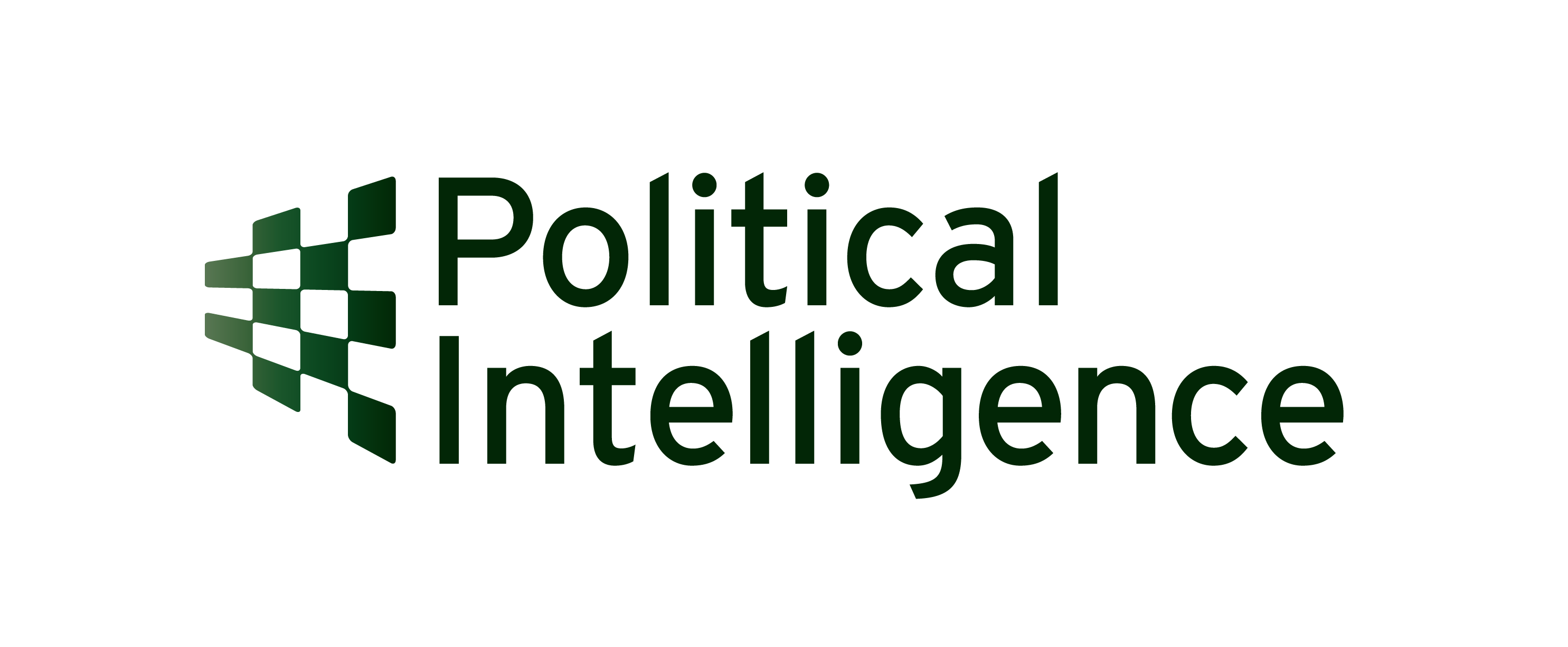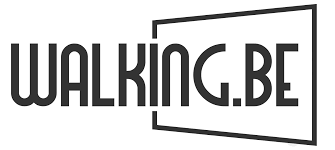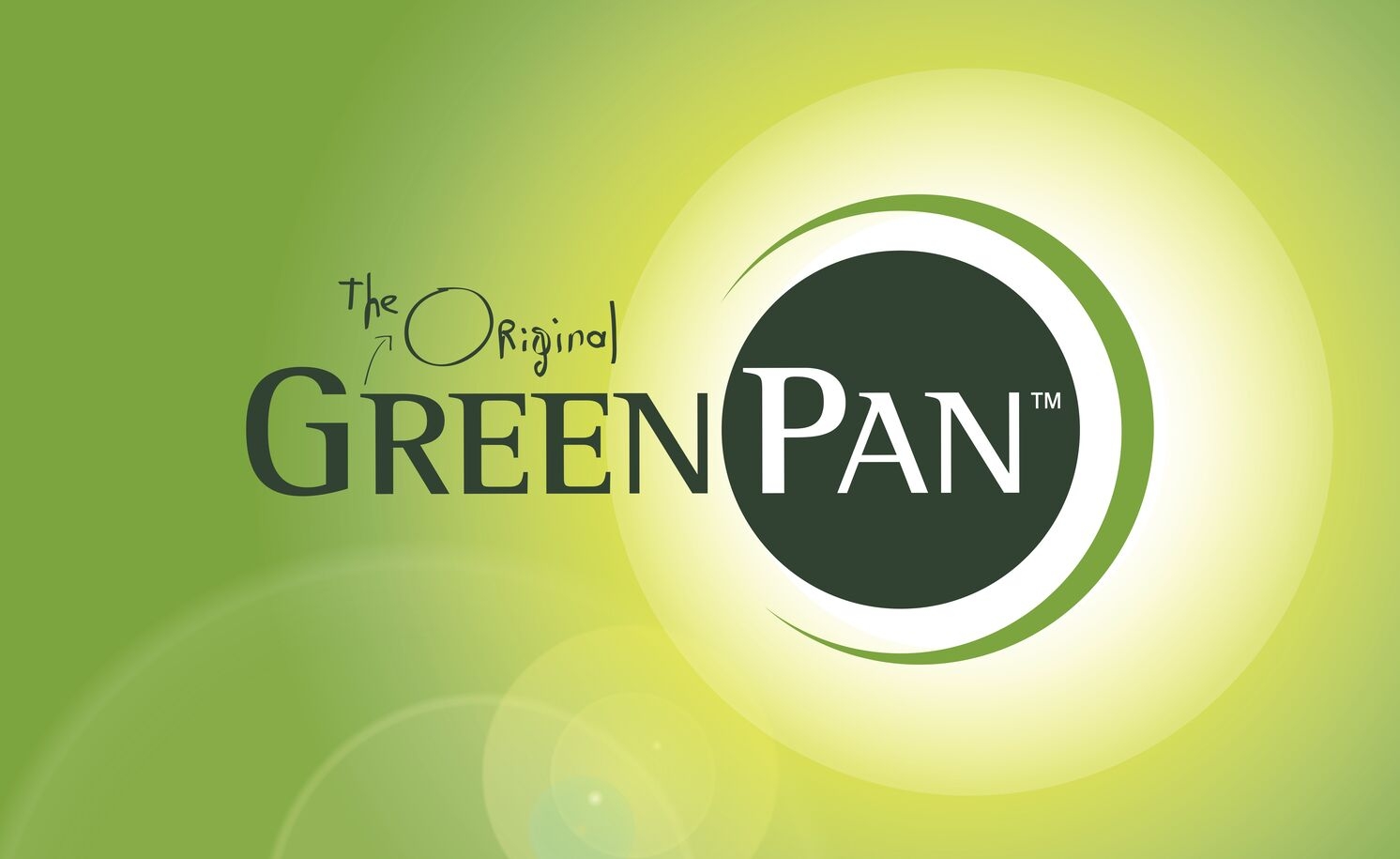Rare Disease Day: 'Our medication has only been tested on women'

The lion's share (more than 70%) of rare diseases are hereditary or congenital metabolic disorders, the best known of which is cystic fibrosis, or muco for short. This disease affects about one in 3,000 people, which is still relatively high for a rare disease. Much rarer ones exist, such as spinal muscular atrophy (SMA), which affects less than one in 30,000 newborns. SMA became more or less known with baby Pia, for whom massive funds were raised in 2019 to pay for expensive treatment.
It is a major problem for all rare diseases: they affect so few people that treatments are barely developed for them, and when they are, they are often extremely expensive. Research money to unravel diseases and develop an appropriate therapy goes first to conditions that affect more people so that more people can be helped. As a result, thorough knowledge about rare diseases is often lacking. In addition, to test a new drug, you need large groups of patients who have the disease, which is also lacking.
Less than 1 percent of all breast cancers
Breast cancer in men is also a rare disease. In Belgium, about 100 men are diagnosed each year, compared to 11,000 women. That is less than 1 percent of all breast cancer diagnoses. The diagnosis is often made late because neither men nor health care providers think of breast cancer when they see a suspicious change in a breast. As a result, diagnosis is sometimes made late and survival rates decrease. Incidentally, men receive the same treatment as women with breast cancer because there is too little scientific research on breast cancer in men. One in three men would not receive the adequate treatment, according to research by the International Male Breast Cancer Program of the EORTC (European Organization for Research and Treatment of Cancer), although efforts are being made to change that.
Efforts for this rare cancer are also being made here, by the non-profit organization Breast CancerMAN. This group of fellow sufferers spares no expense to bring attention to their disease, so that men consult a doctor in time if they notice anything unusual.
Still a taboo
Patrick, a man with a breast cancer history recounts. "If I asked a hundred men if they could get breast cancer, fifty would laugh at me," he says. "We want to change that with the patient association Breast CancerMAN asbl." Like his peers in the asbl, Patrick was very shocked when he was diagnosed with breast cancer. "You feel very alone, because men don't talk about it. Besides the taboo, there are also a lot of inequalities that we want to address. For example, screening mammography is not fully reimbursed for men, and the same goes for some medications. For women with breast cancer, the survival rate after five years is more than 90 percent. For men, it is only 85 percent. So with our patient association, we hope to actually save lives. By raising awareness and also making it clear to the government that there is an inequality."
"You feel very alone, because men don't talk about it. Besides the taboo, there are a lot of inequalities."
The board of breast cancerMAN asbl has an awareness project in which the issues of men with breast cancer are discussed. In addition, they push for contact between patients. "Not always simple," according to Patrick, "We do not yet have leaflets in every hospital. How is that even possible, if not even all nurses know that you can get breast cancer as a man, too?"
Men already don't talk easily about their feelings, nor, for example, about the uncomfortable side effects of the hormone treatment she often has to take for years. "That was only tested on women, but has similar effects on men," it sounds, "For example, I became incredibly emotional and as a former tough bonk, I still found that very annoying. But also your sexuality suffers. You don't joke about that at the café, but it does affect your relationship."
Feb. 29 (in non-leap years on Feb. 28) is the International Rare Diseases Day.
Continue reading

Music helps with chemo brain

Afraid of the scan!













.png)
















